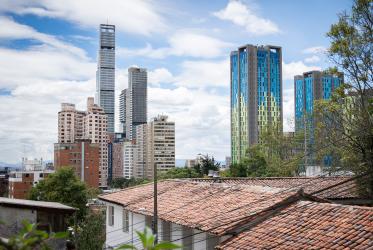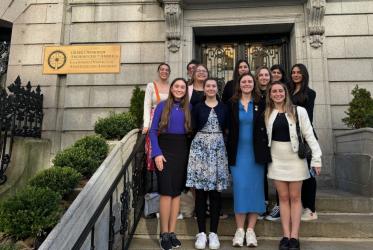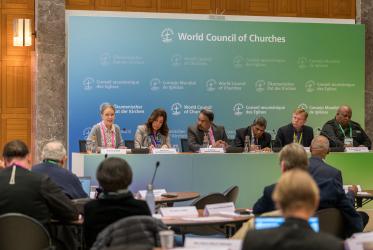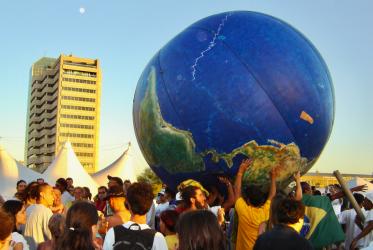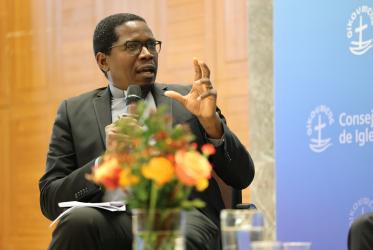Displaying 1 - 20 of 1373
Voice of churches vital during UN women’s rights talks
28 March 2024
What can churches do to prevent modern slavery?
22 February 2024
WCC at peace dialogue table with UN Security Council in Colombia
15 February 2024
WCC submits comments on draft UN “Pact for the Future”
12 February 2024
WCC to share key insights at World Social Forum
09 February 2024
Swedish Mission Council hears WCC reflections on faith in democracy
07 February 2024
